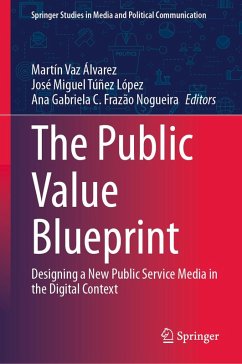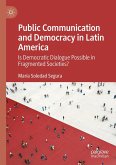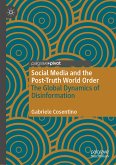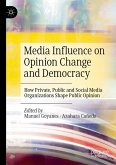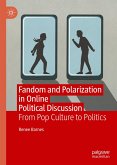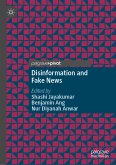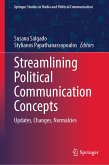Divided into three distinct sections, this book offers a comprehensive exploration of the challenges and discussions surrounding PSM. The first section delves into the corporate culture, governance systems, and public service values that define PSM as a trustworthy institution. The second section focuses on innovation, collaboration, and new approaches within the digital sphere. The final section sheds light on the impact of technology on PSM, including AI, algorithm-based technologies, and the game-changing potential of 5G.
Drawing on the expertise of 40 academics from 20 universities across a dozen countries, this volume presents a proactive and confidence-driven perspective, reaffirming the purpose and legitimacy of PSM in a democratic, informed society. As such it will be of use to students and scholars interested in political science, communication, media, public administration, and policy studies.
Dieser Download kann aus rechtlichen Gründen nur mit Rechnungsadresse in A, B, BG, CY, CZ, D, DK, EW, E, FIN, F, GR, HR, H, IRL, I, LT, L, LR, M, NL, PL, P, R, S, SLO, SK ausgeliefert werden.

